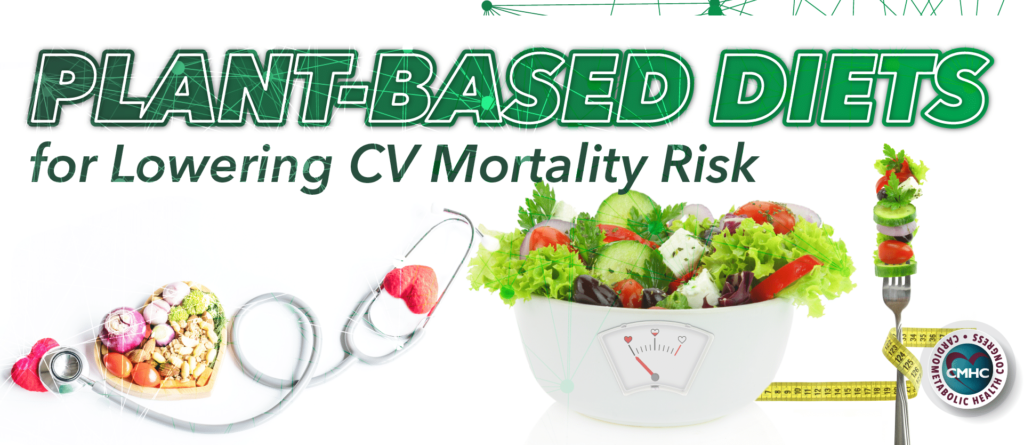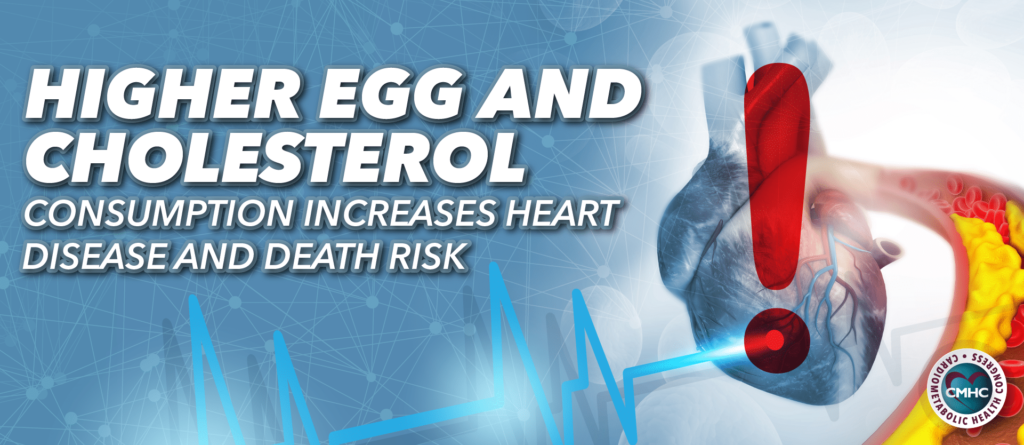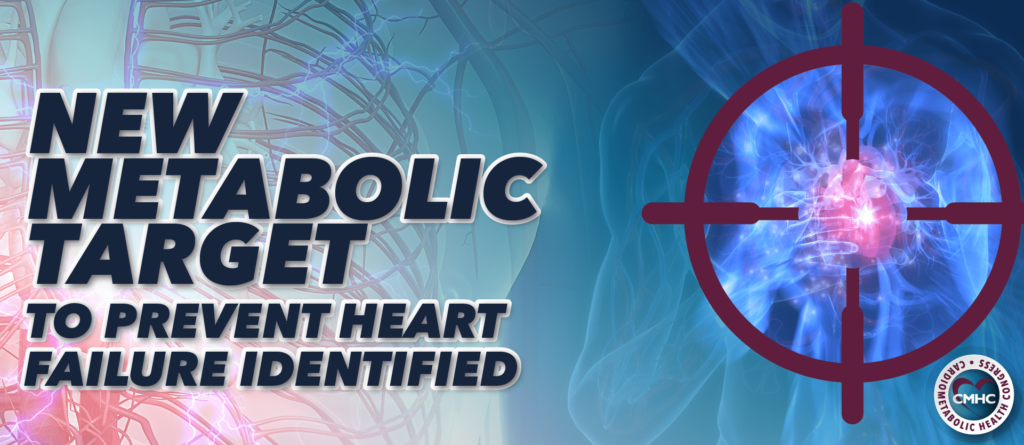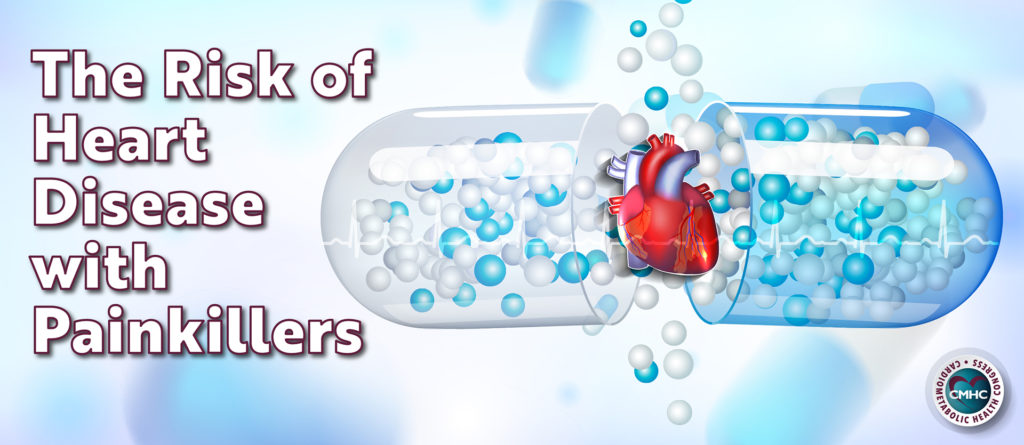Plant-Based Diets for Lowering CV Mortality Risk

The anti-inflammatory and antioxidant effects of vegetable-focused diets are well-known, however, recent research reveals that the quality of plant foods is just as important as their quantity. Not all plant-based diets are equal and those centered around high-quality, healthy plant foods have been proven to greatly surpass plant-based diets with less-healthy foods which can ultimately […]
Higher Egg and Cholesterol Consumption Increases Heart Disease and Death Risk

Contrary to 2010 guidelines, the new 2015-2020 Dietary Guidelines for Americans from the U.S. Department of Health and Human Services no longer limits the consumption of dietary cholesterol, which used to be 300 mg per day, nor does it advise against eating eggs. In fact, the current dietary recommendations include weekly egg consumption as part of a […]
New Metabolic Target to Prevent Heart Failure Identified

The incidence of heart failure is the only form of heart disease that has not decreased in over 30 years, with approximately 550,000 new cases diagnosed in the U.S. per year. Technological advancements in cardiac devices and improved prevention and treatment methods have diminished the death rate, but cardiovascular disease remains the leading cause of […]
A Younger Heart for Seniors with Exercise

While it has long been known that exercise is critical for sustained heart health, recent research indicates that lifelong exercise habits may help maintain strength and longevity into old age. A study at the Human Performance Laboratory at Ball State University in Muncie, spearheaded by exercise physiologist Scott Trappe, investigated a new population of ‘lifelong […]
The Risk of Heart Disease with Painkillers

A large-scale study conducted in 2017 originally indicated that common painkillers like ibuprofen and naproxen are considered risky for people who have had heart attacks; additional research has demonstrated that the risk can begin within the first week of usage. The initial study involved NSAIDs: non-steroidal anti-inflammatory drugs, including ibuprofen—generically known under its brand names […]
Limit Screen Time to Reduce Risk of Cardiovascular Disease

Recent advice from the American Heart Association indicates that children should have limited screen time, as it may contribute to future cardiovascular disease. The AHA has emphasized existing recommendations, which suggest limiting screen time for children & teens to no more than 1-2 hours each day. Pediatric cardiologist Dr. Stephen Daniels, a spokesman for the […]
Comparing Athlete’s Heart and Structural Heart Disease
In many endurance athletes, increased left ventricular (LV) size, a mildly reduced left ventricular ejection fraction (LVEF), and lower resting heart rate develop as an adaptation to strenuous exercise. These non-pathological changes are termed as ‘athlete’s heart’, a term first used in the medical literature in 1953, although the first description of athletes with enlarged […]
How Depression Affects Heart Health

Two new studies highlight the negative impact of depression on the health outcomes and health-related quality of life of people with cardiovascular disease. A new study has found that undiagnosed depression can significantly affect the lives of those who had a heart attack, and an increasing body of evidence points to a strong correlation between […]
The Harms from Cigarette Smoking

A large study from the BMJ indicates that smokers must quit cigarettes, rather than simply cut back on them, to significantly lower their risk of heart disease and stroke. Statistics demonstrated that those who smoked even one cigarette each day were still about 50% more likely to develop CVD, and 30% more likely to have […]
Health Food for the Heart

A number of studies indicate that nuts, which are typically full of nutritious fats and fiber, can actively lower the risk of cardiovascular disease. Due to the food’s abundance of nutrients and antioxidants, nuts have additionally been studied to help assess their ability in fighting the damage to cells that can trigger cancer. This health food […]













